Today is the 65th anniversary of one of Hollywood’s most famous unsolved murders: the brutal slaying and mutilation of Elizabeth Short, also known as the Black Dahlia.
Her body, which had been cut in half at the waist, was found in a vacant lot at 39th Street and Norton Avenue in Los Angeles on Jan. 15, 1947. She was 22 years old.
Born in a Boston suburb on July 29, 1924, Elizabeth was the third of five daughters. Her father abandoned the family and her mother struggled to make ends meet. In 1944, Elizabeth came to California, hoping to live with her father; after a brief stay, he told her to leave.
It’s possible that she hoped to find work as an actress in Los Angeles but, with little education or means to support herself, she was frequently on the move, looking for new opportunities and cheap places to live. A few weeks prior to her death, Elizabeth stayed with a family in San Diego. She rode back to Los Angeles with a man named Red Manley and was seen downtown at the Biltmore Hotel on Jan. 9, 1947.
Because the case was gruesome and sensational, and so little is known for certain about her life, theories and speculation, suspects and confessions abound. Police corruption and unethical journalistic practice severely impeded efforts to find justice. Her story spurred a plethora of media coverage as well as non-fiction and fiction books, including James Ellroy’s 1987 novel, “The Black Dahlia,” which was the basis for Brian DePalma’s film of the same name, made in 2006.
While her murder remains unsolved and many details are sketchy, it seems likely that Elizabeth ran out of friends and favors, that in those bleak days of January 1947, now such a long time ago, she had very few places to turn. With that in mind and to remember Elizabeth Short, I hope you’ll join me in making a donation to a women’s charity, such as the Downtown Women’s Center in Los Angeles, or a similar organization in your area.
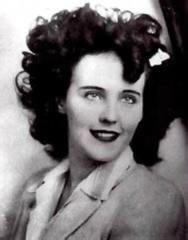
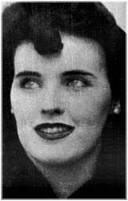





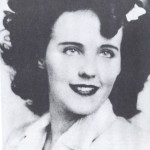
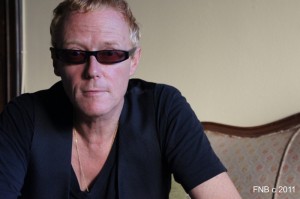
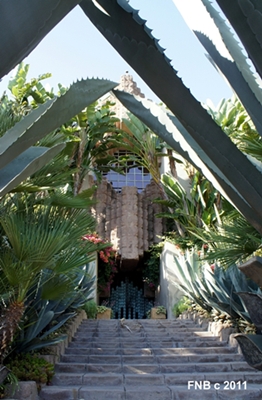





From FNB readers